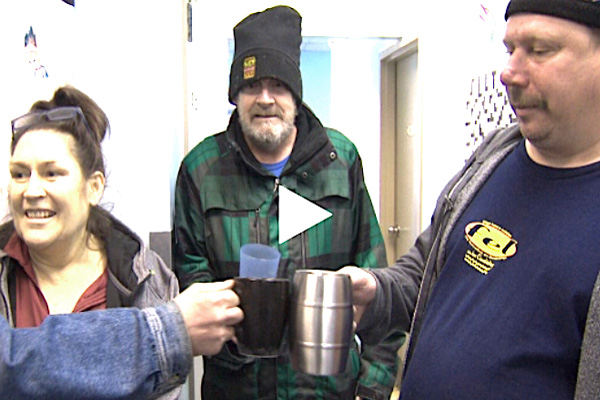Ultimate Harm Reduction –
February 22, 2020 – “It breaks the cycle of people revolving through emergency shelters, through jails, though hospitals,” Dr. Bernie Pauly, scientist with the Canadian Institute for Substance Use Research and professor in the University of Victoria School of Nursing, told CTV News.
Pauly is part of a nationwide study now evaluating the effectiveness of these facilities, but previous studies show MAP participants had fewer hospital visits, detox episodes and fewer arrests after joining MAP.
These programs began in Toronto more than 20 years ago to prevent people from freezing to death on the streets. Today, there are similar facilities in more than 20 cities across Canada. The Netherlands has implemented its own programs and Australia is researching the model.



